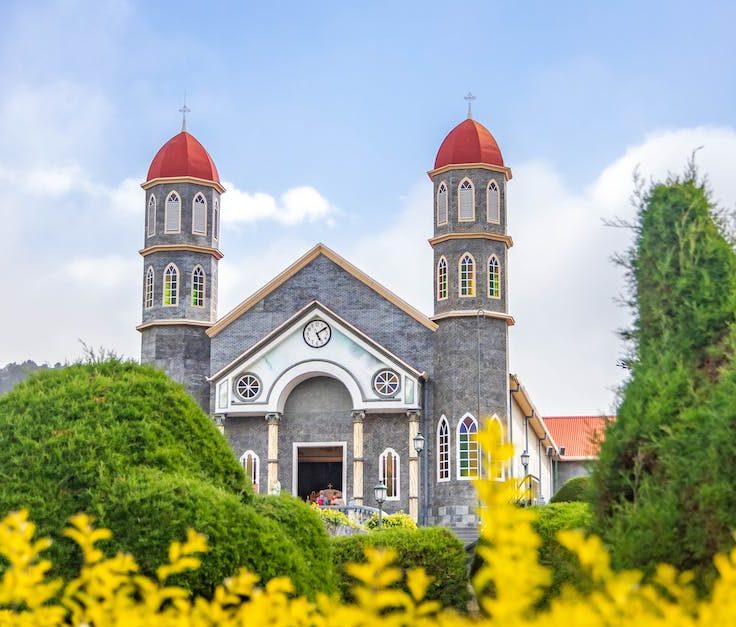Unpacking the Impact of Colonialism on Jamaica’s Heritage and Culture
Jamaica is influenced by across the globe and has a rich cultural heritage. Jamaica is the home of reggae musicthat has profoundly influenced on musicians from all over the globe.
The Caribbean island provides a wonderful chance to learn more about the rich history and culture of the country and also a range of thrilling adventures. There’s plenty of things to do within this region including waterfalls and beaches and a whole lot more.
Histories
The history of Jamaica has been shaped by the genocide of its indigenous people, as well as a long tradition of slavery. Jamaica also has to deal with the interaction between Europe, Africa, and Asia. The island of Jamaica today is one of strong diversity and contrasts.
Around 600 years ago the first inhabitants of Jamaica were they were the Taino Indians, arrived on the island. They are famous for their customs of fishing, the cultivation of maize (maize) as well as the cultivation of cassava.
In 1494, Spanish conquerors wiped them out. Xaymaca was the Arawak term used to describe this island. It translates to “Land that is surrounded by water and wood”.
Over the course of 150 years, Jamaica existed under Spanish surveillance. Jamaica was used as an enclave transport center and a sugar plantation. European illnesses caused the deaths of a lot of Arawak residents, and many were also prone to suicide or starvation.
Music
Jamaica offers a variety of musical styles, some are rooted in Jamaica’s distinct history. These include reggae, mento and dancehall, as well as lesser-known music genres such as folk music.
Jamaica isn’t huge, however it is home to a rich musical tradition that is greatly affected by the many different people that reside in the country. Jamaica is home to the majority of the West African population, with the East Indians, as well as other minorities like as well as Chinese.
The new cultural norms, music and customs were developed when the island was colonized by Spain followed by to England. Certain of these are being used in the present day folk music.
The sound systems represented a significant improvement in the music culture of Jamaica. They were a major source of American R&B and Jamaican music. The genre of music that was emerging, the ska genre, was born. The ska genre was created to reflect the changes in society taking place in Jamaica at the time. The music was the main music of Jamaica’s scene.
Food
Jamaican cuisine is influenced by diverse different cultures. The Jamaican cuisine is heavily influenced by the African slavery trade Indian laborers indentured and British Colonial administration.
Jerk is among the most popular dishes. It is cooked with a mix of cloves, allspice and cinnamon , and is smoking on pimentowood. The spicy and mouthwatering flavor will surely delight your palate.
Saltfish and ackee are also well-known food item. In order to enhance the flavor of the traditional dish, the tender yellow seeds of the fruits of the ackee were imported to the country from West Africa. They are typically cooked using salt cod fish.
Jamaican foods comprise peas, rice and plantains that are fried. Fruits and vegetables are also popular.
People
The Jamaicans are distinct in their own way, with strong connections to their cultural. The Jamaican culture is varied and diverse, with music, food, dance and language. Also, it includes traditions and folklore.
The culture is the product of interactions with Africa, Europe. European influences can be seen in medicine, religion as well as public institutions. But, African continuity has been evident in the Jamaican cuisine and culture, language and even drumming.
Although the majority of Jamaican customs appear to be dying out, there are a few which are still in existence. One such tradition is the “Nine Nights Wake that lasts for the family and friends gather to pay tribute to a loved person. The ‘Kumina’, which is a dancing and spirit possession, as a way to honour and thank the ancestral spirits Another is the ‘Kumina’.



